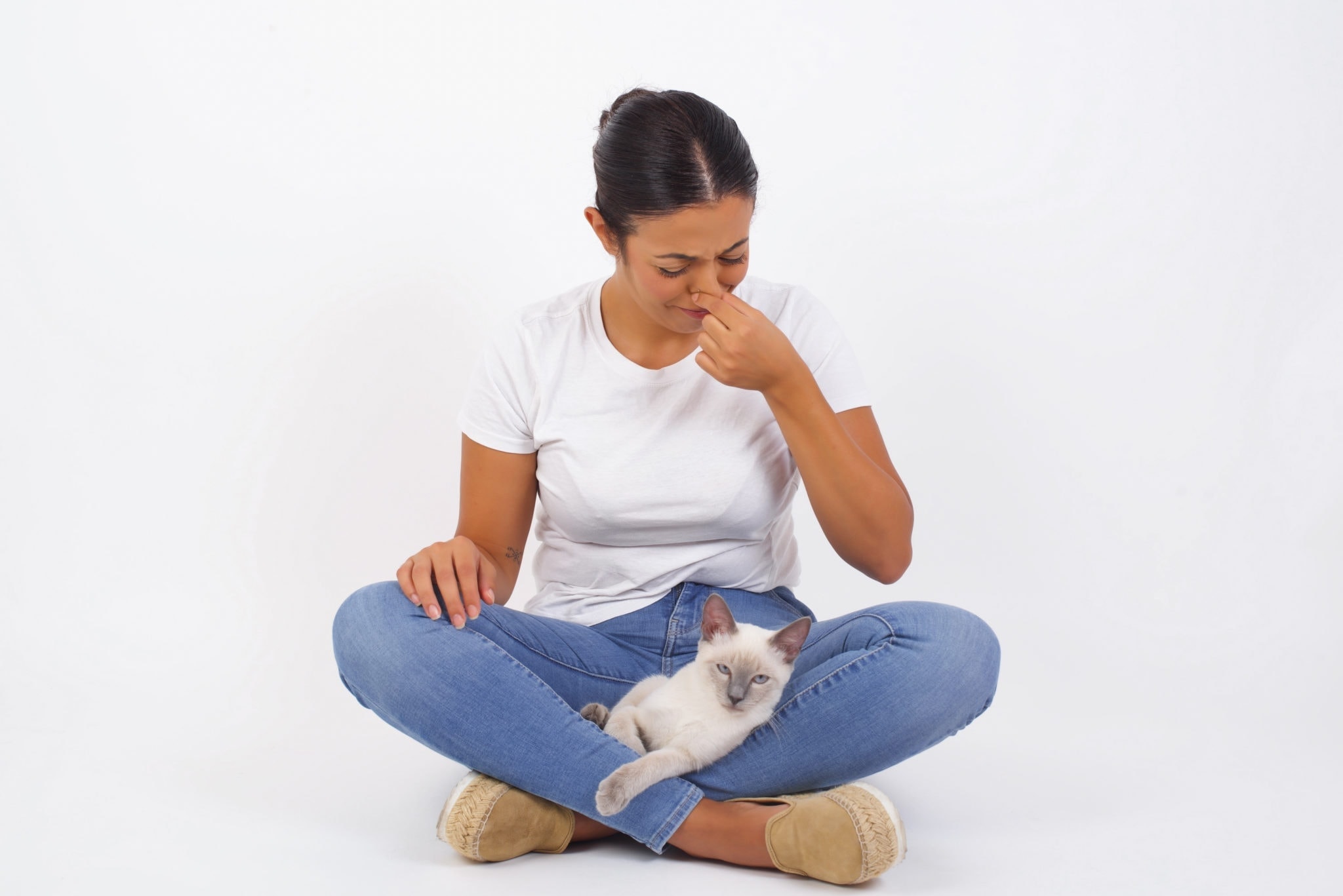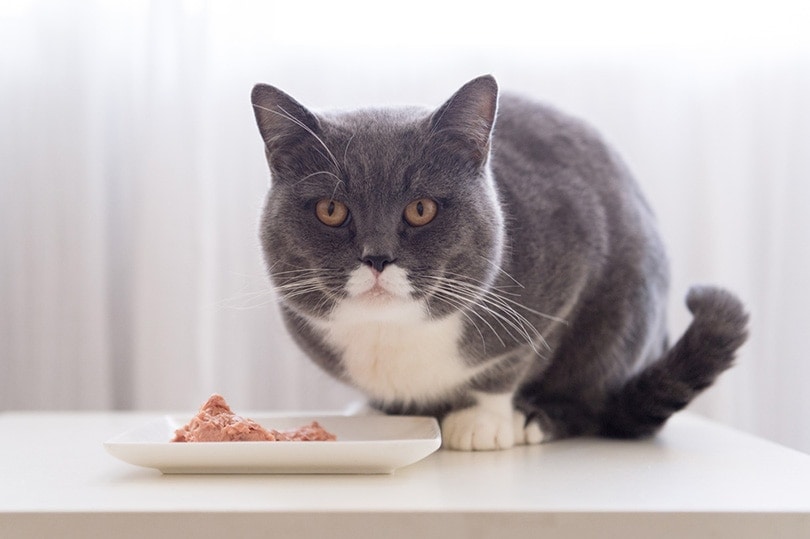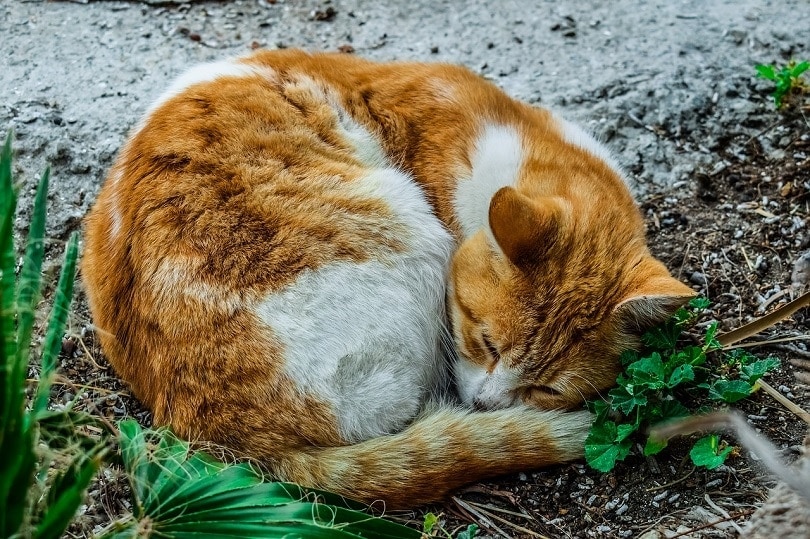Can Cats Eat Limes? Vet-Approved Health & Safety Guide
Updated on
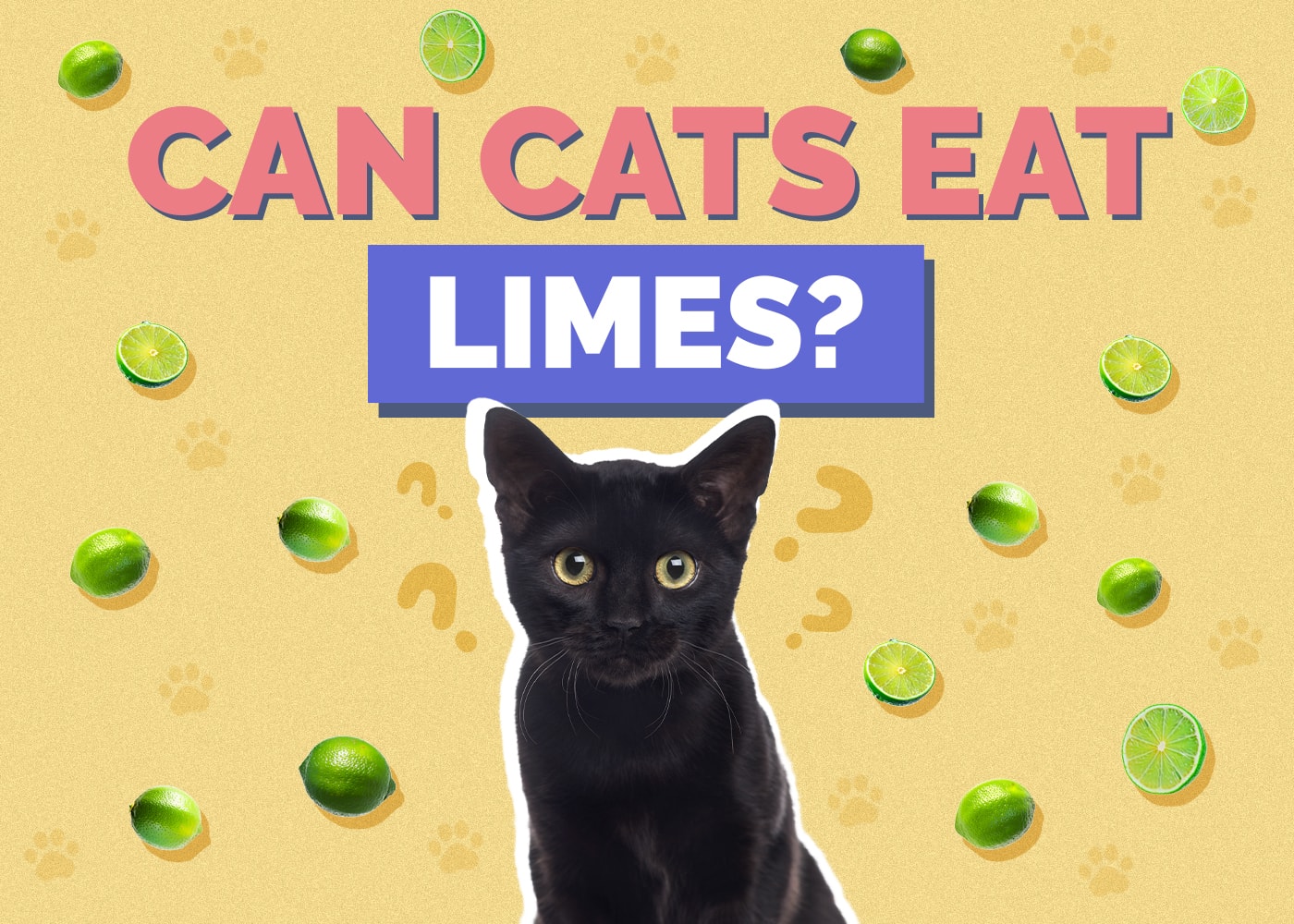
Sometimes our cat’s curiosity gets the better of them, and they give in to the urge to try a taste of human food. There are some human foods that are perfectly safe for cats, including some fruits and vegetables that we typically wouldn’t think a cat would like.
But there are also some human foods that aren’t safe for cats, including herbs and spices, vegetables, and even some fruits. One such fruit that is toxic to cats is limes, and even though we love to garnish our drinks or even season our food with lime juice, you should never give limes or lime juice to your cat. Limes are toxic to cats.
In this article, we’ll explore why limes are not safe for cats to eat. We’ll also explain what to look for if your cat does eat a lime so that you can determine when it is necessary to seek medical treatment. Continue reading to learn more.
Do Cats Like Limes?
Before we get into limes and their safety with regard to your cat, there is something you should know. The good news is that cats don’t generally like citrus fruits, which include limes as well as lemons, grapefruits, and oranges. Since they don’t like citrus, it’s very likely that your cat isn’t going to just take a bite out of lime in the first place.
There are a couple of reasons why your cat probably doesn’t even like limes. The first reason is that cats are obligate carnivores, which means that their diet needs to consist of at least 80-85% meat in order for them to live healthy lives.
Your cat is going to prefer meat over any other choice of food, so any interest in the lime that you’re eating is usually a result of your cat’s curiosity. It’s probably not because your cat wants to eat the lime.
That brings us to the main reason why cats don’t even like limes in the first place. Cats are attracted to a lot of human foods simply because of their smell or texture. They’re curious about it, and tasting it is a way to explore the food even if they don’t actually intend on eating it.
However, cats don’t typically like citrus fruits because of the smells they produce. As you’re probably aware, the smell of citrus is easily recognizable and quite aromatic. But cats have a much more heightened sense of smell than humans do, and the smell of citrus is just too much for their noses to handle.
In fact, the smell of citrus fruit is often used to deter cats away from using certain areas of your home and garden as their own personal litter box. You likely won’t ever have to worry about your cat eating a lime because they tend to avoid them at all costs.
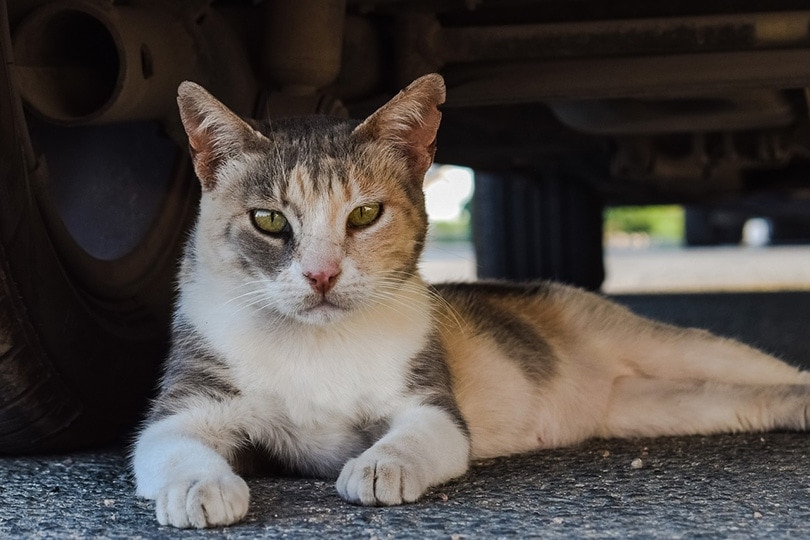
Why Are Limes Toxic to Cats?
It’s a good thing that cats don’t usually like limes since they are toxic to cats. There are two chemicals found in limes that are dangerous to cats if they are ingested. The first chemical is essential oils, particularly limonene which is mainly found in the rind of limes and other citrus fruits.
Limonene can be used to treat many illnesses in humans, but it is also used as a fragrance and cleaning agent in several household products. It is also a volatile compound, which means that it can cause irritation and other health problems if inhaled or ingested in large quantities.
The other chemical found in limes that is dangerous to cats is psoralen. Psoralen is found in other plants besides limes, but it is used as a medicine in order to treat certain skin diseases in humans. It works by increasing the skin’s sensitivity to UV light, but unfortunately, this can lead to skin conditions in cats, such as sunburns or reddening of the skin.
Even though limonene and psoralen are both considered toxic for cats, they are safe for humans to ingest. Our digestive systems are different than a cat’s, so we are able to digest these nutrients in a way that can actually be beneficial to us.
Cats are unable to properly metabolize both limonene and psoralen, which is why they may have adverse reactions after eating a lime. Plus, humans are a lot larger than cats, which is why cats can be affected even if they eat less of it than humans do.
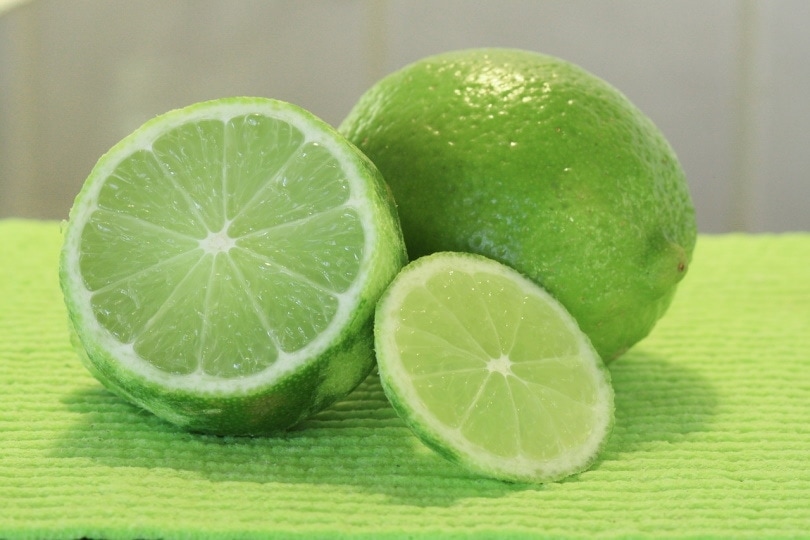
What Could Happen if a Cat Eats a Lime?
Even though limes are toxic to cats and your cat can get sick from eating one, they shouldn’t experience any side effects if they lick some lime juice or even eat a small portion of a lime. However, the more they eat, the more likely they are to have an adverse reaction to it.
It’s also important to note that most of the limonene and psoralen is found in the rind of the lime, not necessarily the flesh. If your cat eats the lime flesh, it is not as dangerous to your cat as if they were to eat the skin. Licking up lime juice is not likely to cause any side effects at all.
Potential side effects that can occur from eating a lime rind include the following.
- Vomiting
- Excess drooling
- Diarrhea
- Weakness
- Loss of coordination
- Dermatitis
- Photosensitivity
Most of these side effects occur as a result of the limonene found in limes, not necessarily the psoralens. But, psoralens are mostly responsible for any skin issues or photosensitivity that may occur.
If your cat did eat a lime and experiences any of the above signs, you should contact an animal poison control hotline and seek veterinary treatment. When contacting the poison control hotline or your veterinarian, it may be necessary to give an estimate of how much lime your cat ate.
The amount of lime that your cat ate will determine the treatment pathway for your cat. But the good news is that with prompt treatment, eating a lime usually doesn’t result in death and your cat should recover just fine.
Now that you know what you can safely feed your cat, it’s just as important to find a bowl that supports their health and well-being. With whisker-friendly bowls and a wide tray to catch any spills, our Hepper NomNom Cat Bowl is our favorite option.
Conclusion
Limes are toxic to cats, but it’s usually the rind of the lime that causes the most problems, not the flesh or the juice of the lime. The rind contains chemicals that are toxic to cats which your cats aren’t able to metabolize properly. If your cat does eat a lime, it’s important to seek veterinary attention. Luckily, most cats don’t like the smell of limes anyway, so it’s very possible that they’ll stay away from them in the first place.
Featured Image Credit: congerdesign, Pixabay



